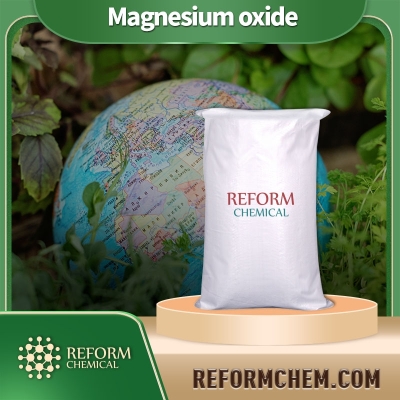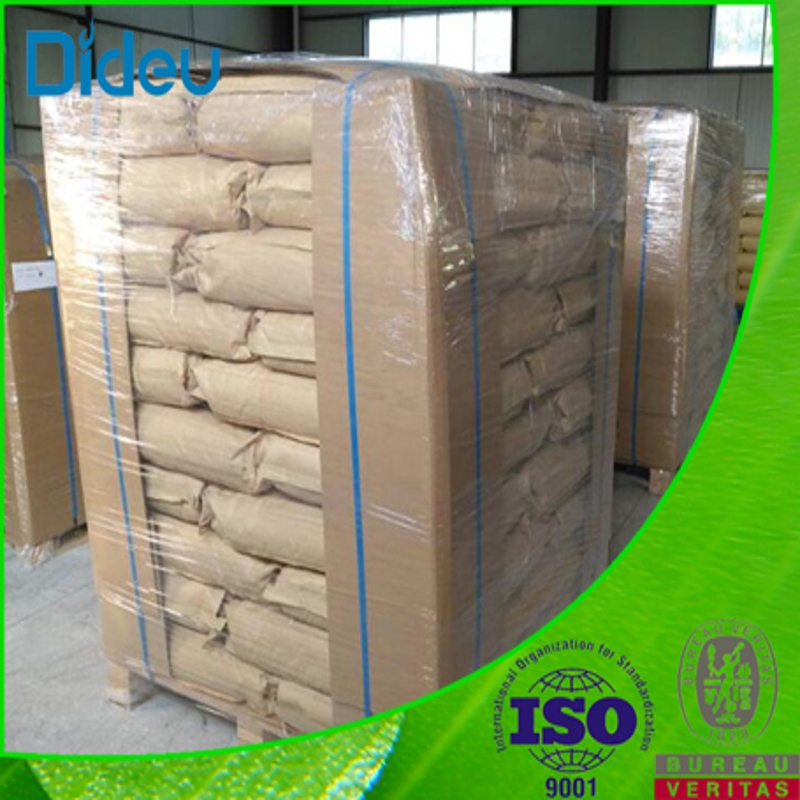-
Categories
-
Pharmaceutical Intermediates
-
Active Pharmaceutical Ingredients
-
Food Additives
- Industrial Coatings
- Agrochemicals
- Dyes and Pigments
- Surfactant
- Flavors and Fragrances
- Chemical Reagents
- Catalyst and Auxiliary
- Natural Products
- Inorganic Chemistry
-
Organic Chemistry
-
Biochemical Engineering
- Analytical Chemistry
-
Cosmetic Ingredient
- Water Treatment Chemical
-
Pharmaceutical Intermediates
Promotion
ECHEMI Mall
Wholesale
Weekly Price
Exhibition
News
-
Trade Service
Mosapride citrate is an important pharmaceutical drug used for the treatment of gastrointestinal disorders such as gastroesophageal reflux disease (GERD), dyspepsia, and constipation.
Mosapride citrate dihydrate is a synthetic form of mosapride, which is a synthetic drug with antisecretory and mucosal protective properties.
The synthetic routes of mosapride citrate dihydrate have been widely studied and are a subject of much interest in the chemical industry.
One of the most commonly used synthetic routes for the preparation of mosapride citrate dihydrate is the one that involves the reaction of mosapride with citric acid.
This route involves the reaction of mosapride with citric acid in the presence of a solvent such as acetonitrile or DMF.
The reaction is carried out at a temperature range of 150-180°C for several hours.
The product is then purified by crystallization or chromatography to obtain the pure mosapride citrate dihydrate.
Another commonly used synthetic route for the preparation of mosapride citrate dihydrate involves the reaction of mosapride with N,N-dimethylacetamide (DMA) followed by a condensation reaction with citric acid.
The reaction is carried out in the presence of a solvent such as ethanol or methanol and is catalyzed by a strong acid catalyst such as hydrochloric acid or sulfuric acid.
The product is then purified by crystallization or chromatography to obtain the pure mosapride citrate dihydrate.
A third synthetic route for the preparation of mosapride citrate dihydrate involves the reaction of mosapride with citric acid in the presence of a condensing agent such as dicyclohexylcarbodiimide (DCC) or hydroxybenzotriazole (HOBT).
The reaction is carried out in a solvent such as DMF or NMP and is catalyzed by a strong acid catalyst such as hydrochloric acid or sulfuric acid.
The product is then purified by crystallization or chromatography to obtain the pure mosapride citrate dihydrate.
The choice of synthetic route for the preparation of mosapride citrate dihydrate depends on various factors such as the cost, purity, and yield of the product.
The synthetic routes are also subject to optimization to improve the yield and purity of the final product.
The mosapride citrate dihydrate synthesized by these methods has been found to have excellent physicochemical properties such as good crystallinity, high thermal stability, and good flow properties.
The powder X-ray diffraction (XRD) studies revealed that the mosapride citrate dihydrate synthesized by these methods had a crystal structure with good crystallinity and was consistent with the standard patterns of mosapride citrate dihydrate.
The DSC studies showed that the mosapride citrate dihydrate synthesized by these methods had good thermal stability and did not undergo any significant thermal degradation up to 200°C.
The TGA studies showed that the mosapride citrate dihydrate synthesized by these methods had good thermal stability and was stable up to 150°C.
The solubility studies revealed that the mosapride citrate dihydrate synthesized by these methods had good solubility in a solvent such as water and was stable over a period of time.
The flow properties of the mosapride citrate dihydrate synthesized by these methods were also found to be excellent, making it suitable for use in pharmaceutical formulations.
In conclusion, the synthetic routes of mosapride citrate dihydrate are a subject of much interest in the chemical industry.
The various synthetic routes







